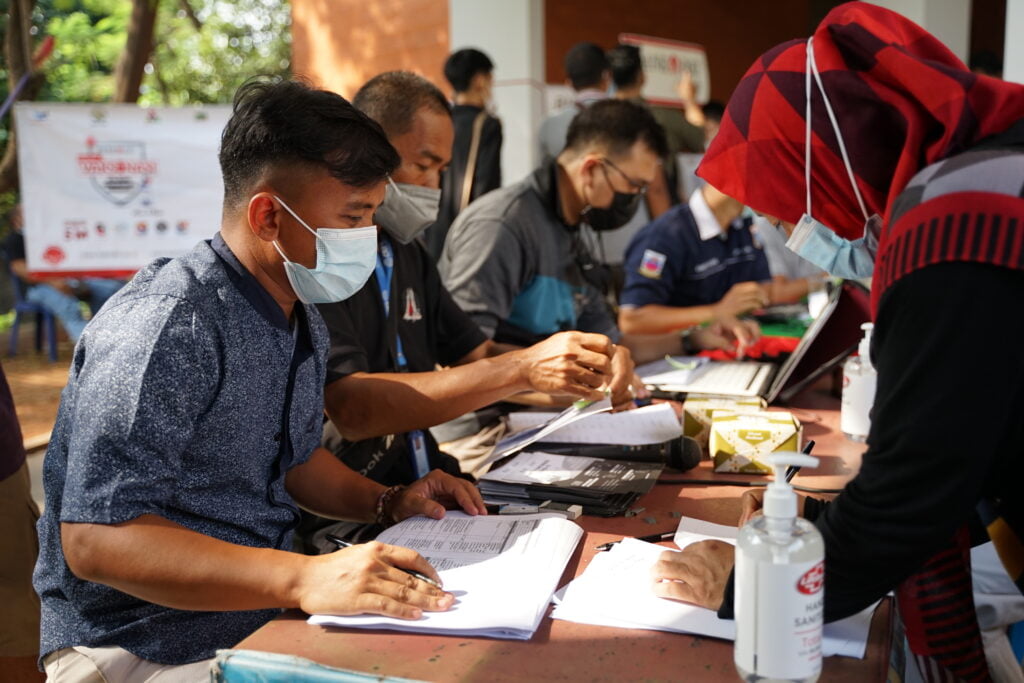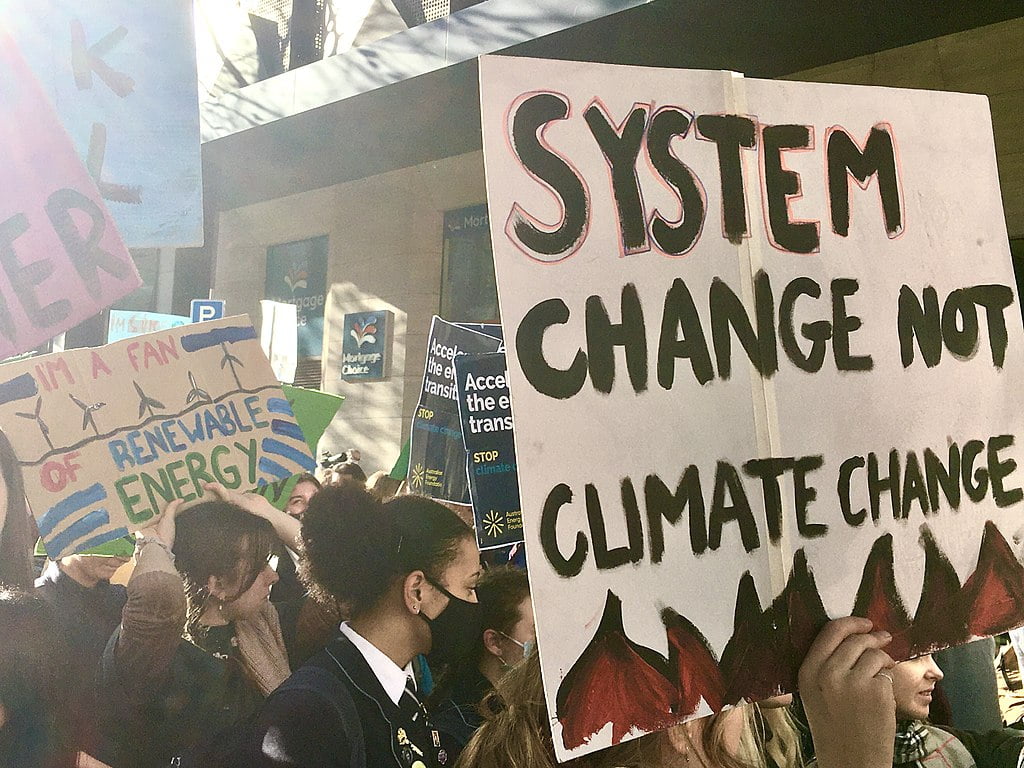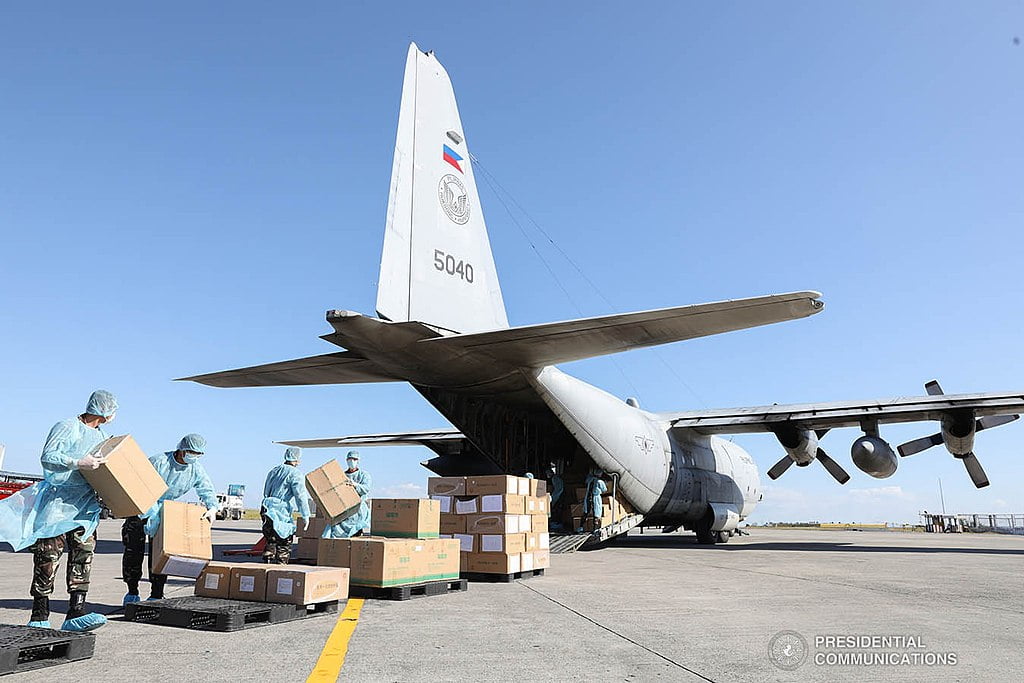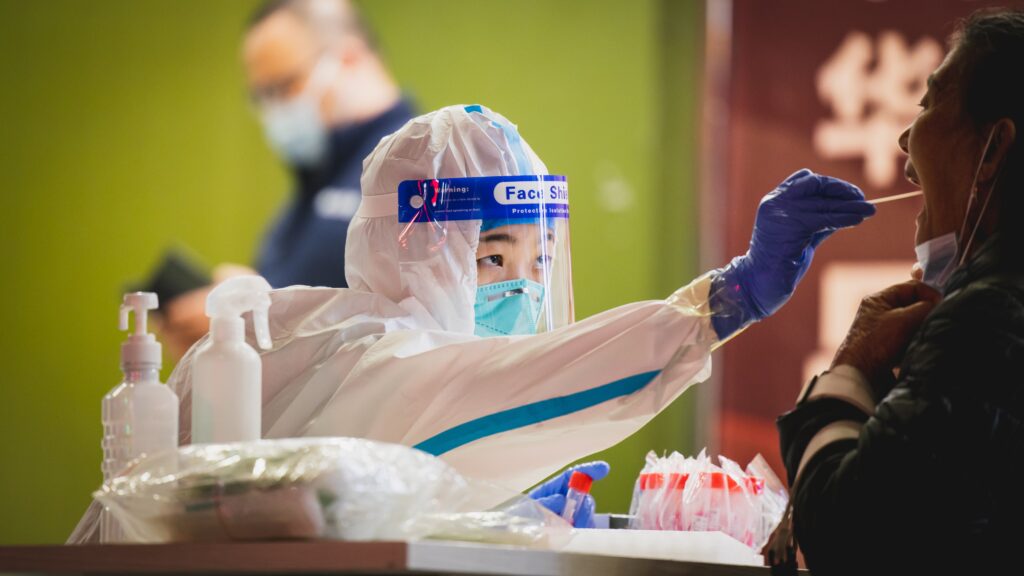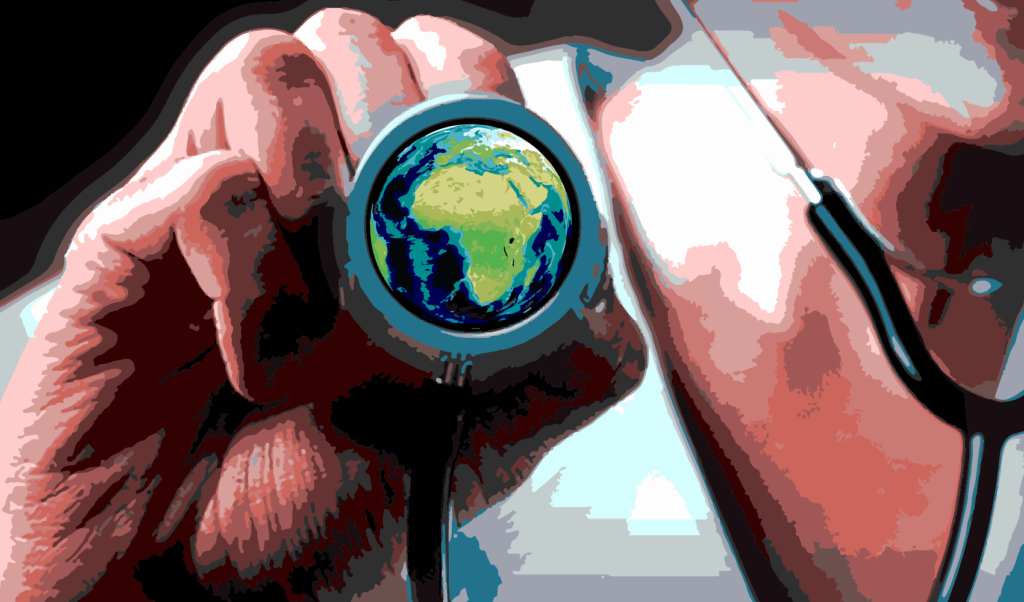COVID-19 highlighted the importance of strong global networks to address big issues. What’s needed are the people to drive them.
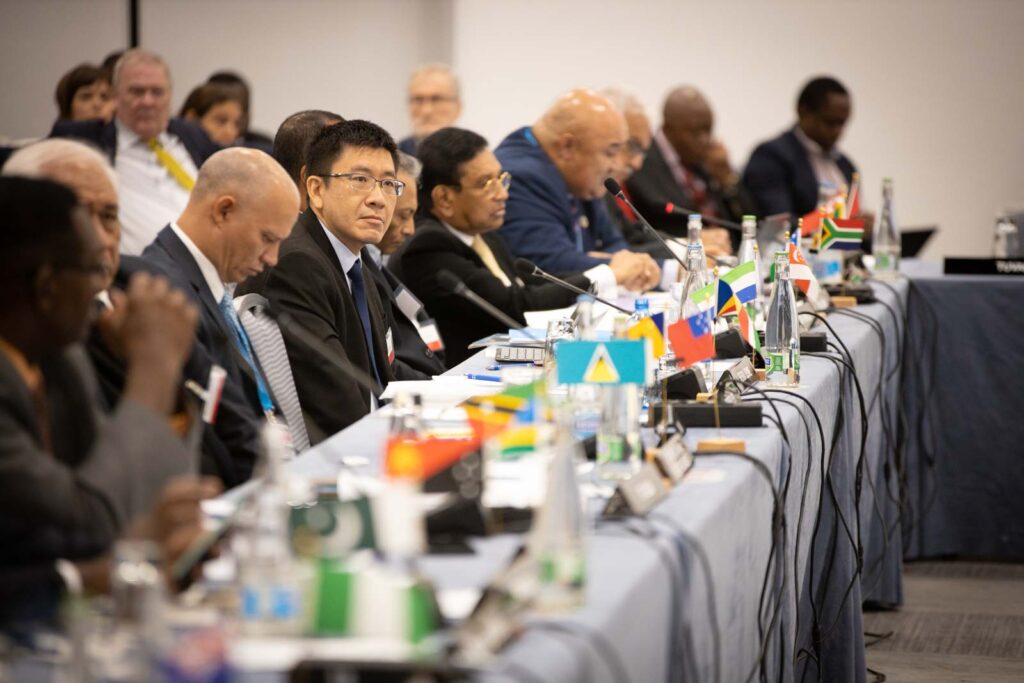 The increasingly global nature of health problems requires a cadre of skilled professionals. : Commonwealth Secretariat/Flickr CC BY-NC 2.0 https://creativecommons.org/licenses/by-nc/2.0/
The increasingly global nature of health problems requires a cadre of skilled professionals. : Commonwealth Secretariat/Flickr CC BY-NC 2.0 https://creativecommons.org/licenses/by-nc/2.0/
COVID-19 highlighted the importance of strong global networks to address big issues. What’s needed are the people to drive them.
More than ever, global health needs skilled diplomats. The COVID-19 pandemic revealed the fragility of our social, economic and health systems. It also elevated the place of health in foreign policy. And with the G20 summit beginning in mid-November, accelerated and coherent ideas that navigate the intricacies of domestic and foreign policy are needed.
As countries start to rebuild and improve resilience in the face of uncertainty, global health diplomacy — the politics of intertwining domestic and foreign policy with global health — is now a key feature of foreign policy negotiations.
Effective global health diplomacy needs a diverse number of public, private and not-for-profit organisations and a recognition that sectors unrelated to health — including trade, environment and labour — have a direct impact on population health and equity. These bodies compete for attention and resources — seeking to influence policy and develop solutions.
Trade diplomats at the World Trade Organization negotiated concerns from health advocates around the intellectual property rights on COVID-19 products and technologies covered by the international TRIPS agreement. But stalled negotiations meant the COVID-19 vaccine distribution to low- and middle-income countries was delayed. While it was eventually approved, it highlighted the importance of diplomacy skills in health — significant decisions made on an international stage can have direct ramifications on livelihoods back home.
In Canada, for example, foreign policy has not kept pace with the complexity of global health problems. A proper review of Canada’s foreign policy has not been conducted since 2001 and an increasingly complex global situation means there is a need for renewal.
In a globalised world, a nation’s foreign policies need to better align with domestic policy agendas.
COVID-19 and other infectious diseases showed human health and global environmental change are linked. Many of the root causes of climate change, such as rapid urbanisation and the degradation of ecosystems, have also put the health of human populations at greater risk of pandemics.
The problem for some countries is that national commitments — for example, to reduce carbon emissions in line with the Paris Agreement and COP26 — can face domestic resistance.
“We are still nowhere near the scale and pace of emission reductions required,” said Simon Stiell, executive secretary of UN Climate Change, in October.
Global health diplomacy requires its own particular skill set. The increasingly global nature of health problems requires a cadre of skilled professionals who can better navigate geopolitical spaces within and across nations to centre the role of health in the cross-sector of foreign policy while balancing domestic interests. These include working in complex environments across varying sectors, diplomatic, communication and negotiation skills, as well the ability to analyse global health and foreign affairs.
The Dalla Lana School of Public Health’s Centre for Global Health at the University of Toronto is trying to meet this challenge as the only Canadian school offering a course in global health diplomacy. Other courses are offered by institutions in countries including the USA, the UK and Switzerland.
As countries continue to navigate complex global challenges, the world needs strong global institutions working with governments that can work across nations’ interests and negotiate effective global and equitable solutions.
This must be reinforced through the kind of relationship building and negotiating processes that global health diplomacy brings to the table.
Erica Di Ruggiero is an associate professor of global health and director at the Centre for Global Health, Dalla Lana School of Public Health, University of Toronto. She is a global health policy researcher and mentor, and co-directs DLSPH’s executive course on global health diplomacy.
Garry Aslanyan is an adjunct professor at the Dalla Lana School of Public Health, University of Toronto and manager of partnerships and governance, at Special Programme TDR at the World Health Organization. He co-directs DLSPH’s executive course on global health diplomacy.
Ophelia Michaelides is the manager for the Centre for Global Health at the Dalla Lana School of Public Health, University of Toronto. She is an undergraduate and graduate mentor and a co-host on podcast focused on healthy cities in the SDG era.
The authors declare no conflict of interest.
Originally published under Creative Commons by 360info™.


